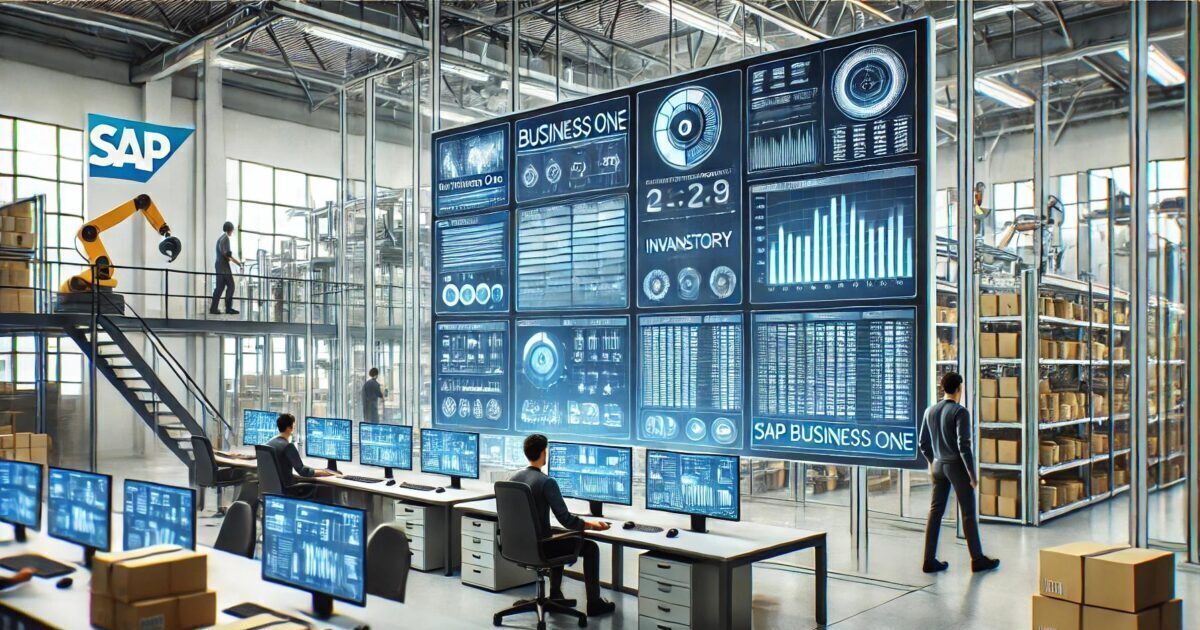5 Reasons Why SAP Business One with BEAS is Better for Manufacturing than Macola
Choosing the right ERP system is crucial for optimizing manufacturing processes and driving business growth. SAP Business One, especially when integrated with the BEAS manufacturing module, offers several advantages over Macola. Here are five key reasons why SAP Business One stands out for manufacturing:
1. Enhanced Scalability and Flexibility
SAP Business One is designed to support the growth of small to medium-sized enterprises (SMEs). Its scalable architecture can handle increased transaction volumes, additional users, and more complex operations seamlessly. Unlike Macola, which can be limited in its scalability, SAP Business One adapts to your evolving business needs, ensuring long-term support for expansion.
2. Comprehensive Functionality
SAP Business One offers a full suite of integrated modules covering financial management, inventory control, sales, and customer relationship management (CRM). This all-in-one approach ensures streamlined and interconnected business processes. BEAS further enhances this by providing advanced manufacturing functionalities such as production planning, material requirements planning (MRP), and quality control. Macola often requires additional third-party applications to achieve similar integration, leading to potential inefficiencies.
3. Advanced Inventory and Warehouse Management
Effective inventory management is crucial for manufacturing. SAP Business One, with BEAS, excels in this area with robust capabilities for multi-warehouse management, real-time tracking, and automated replenishment. This ensures optimal stock levels, reduces carrying costs, and improves order fulfillment rates. Macola’s inventory management features are more basic, making it less suitable for complex manufacturing needs.
4. Superior Reporting and Analytics
In today’s data-driven business environment, access to real-time analytics and robust reporting capabilities is essential. SAP Business One offers powerful tools for generating detailed reports and dashboards, providing deep insights into key performance indicators (KPIs). This helps in making informed, data-driven decisions. Macola’s reporting capabilities are less intuitive and can limit your ability to extract actionable insights from your data.
5. Robust Cloud Capabilities
SAP Business One offers strong cloud deployment options, allowing businesses to access their ERP system from anywhere at any time. This flexibility ensures that your data is securely stored and easily recoverable, enhancing business continuity and disaster recovery capabilities. While Macola has made strides in cloud integration, SAP Business One’s mature cloud-first approach provides a more comprehensive solution for modern manufacturing needs.
Conclusion
Transitioning from Macola to SAP Business One with BEAS can be a transformative decision for your manufacturing business. With enhanced scalability, comprehensive functionality, advanced inventory management, superior analytics, and robust cloud capabilities, SAP Business One positions your business for long-term success and growth.






